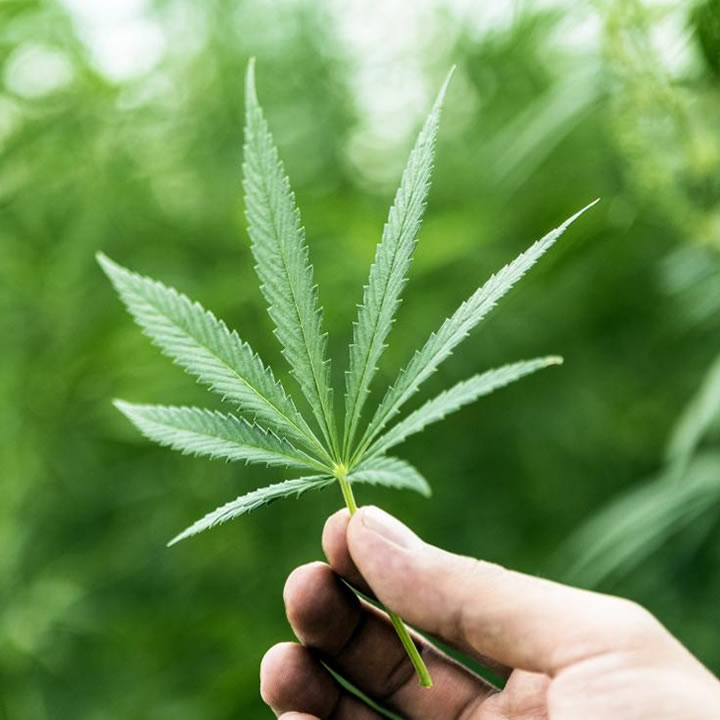As cannabidiol (CBD) continues rising in popularity, we’re discovering that it has many benefits that help our animal companions and us. Since the information you can find online can be somewhat contradicting, XpressGrass dug into the various issues so that you can get the definitive answers you need about having marijuana for pets.
CBD for Pets with Arthritis
The standard treatment option for pets with sore joints is to give them a glucosamine and chondroitin supplement. As animals get older, they tend to have more risk factors for degenerative arthritis.
When the discomfort levels rise, their desire to go outside or explore declines. Cannabidiol can trigger a therapeutic process that encourages your pet to have the energy and excitement they had when they were a little younger.
CBD for Pets with Cancer
Receiving a cancer diagnosis for your pet is devastating. Instead of scheduling an appointment for euthanasia, try giving your pet CBD oil with their food. Even if the outcome is to provide your companion with a few pain-free final days, the results are often spectacular. You might see a brighter attitude, more energy, and an improved appetite after a couple of days.
The goal of giving your pet CBD when your veterinarian has offered a cancer diagnosis shouldn’t be to find a cure. Although anything is theoretically possible, it’s better to go into this process trying to help your companion feel better.
CBD for Pets with Anxiety
Social anxiety can be a significant issue for some pets. When they’re left alone, the emotional toll can cause them to seek relief in numerous ways. If you see scratches at the door, accidents on a rug, or a destroyed couch when you come back home, the fears your pet feels could be overwhelming.
Adding CBD to their routine could offer more mental stability for those times when you’re at work or running errands so that you’re not always dealing with unwanted behaviors. It might not solve every problem, but it will help you take the first crucial steps.
CBD for Pets with Skin Conditions
Some pets experience skin conditions due to inflammation issues. It could be due to allergies, animal acne, or an illness. Since CBD provides an anti-inflammatory effect when taken or applied, it can deliver relief to the itchy and painful conditions that sometimes develop. If your dog or cat develops “hot spots,” cannabidiol might offer some relief.
It only takes a couple of drops of CBD oil that you massage into a bothersome area to start providing relief. Since it is a natural product, you don’t need to worry about your pet licking the area after the application.
CBD for Pets with Sleep Disorders
If your pet doesn’t get much sleep each day, insomnia can impact their physical and mental health. Since CBD can have a sedative effect on some animals, offering it to them with their evening meal can help them get the rest they need.
That’s why you’ll want to focus on a high-quality CBD oil to help your pet start feeling better. It can provide these benefits while potentially guarding against glaucoma, appetite loss, and depression.
Potential Risks
We should also mention risks associated with using CBD oils for dogs and other pets.
There is a small risk that it could have a stimulating effect on some animals, so it helps test the product first before the overnight hours to see what might happen. Quality is essential, and a full-spectrum option is better than an isolate.
It is essential to remember that when you’re using marijuana for pets, what you’re getting is a compound from the cannabis plant. Dogs are particularly sensitive to high THC levels, which can be toxic with the wrong dosage.
Lastly, it’s good to be aware that, even though there are clear benefits, many of the safety and risks of using CBD for dogs have not yet been researched. We do not know, for example, what size dosage would be toxic. Therefore, when giving your dog something new, it is highly recommended to start out with small amounts! We also encourage you to check with your veterinarian first!

